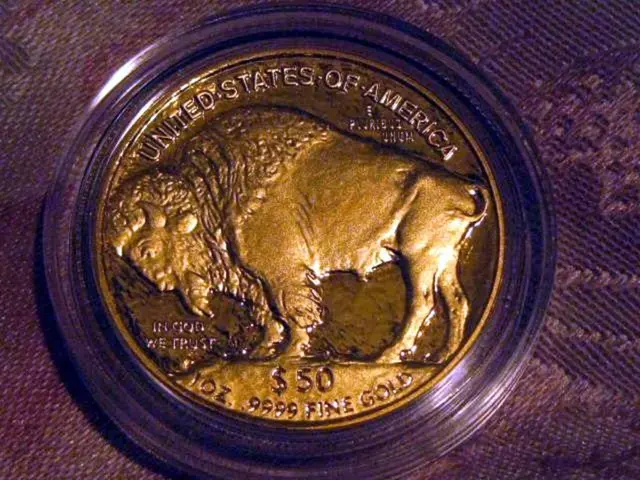US-UK Trade Pact Amid EU's Threat of Retaliatory Tariffs
Brits secure deal with Trump; EU contemplates reciprocal tariffs - United States President Trump finalizes an agreement with the United Kingdom; EU responds by indicating possible retaliatory tariffs.
Get ready for some chat about trade policies, tariffs, and international relations! The US and the UK recently celebrated a trade deal, with President Donald Trump praising it as a significant success of his tariff policy.
At a White House press conference, Trump declared, "It's a big deal, indeed." Despite the EU threatening retaliatory tariffs on US exports nearly worth $100 billion, the US president remains hopeful about reaching an accord with the European Union.
The deal with the UK marks the first major agreement with a trading partner since Trump imposed hefty tariffs in early April. Trump hinted that a series of similar agreements could materialize.
UK Prime Minister Keir Starmer seemed to share Trump's enthusiasm, calling the agreement a "historic day." The trade pact, however, is reportedly not a conventional free trade agreement but instead, covers specific areas and serves as a foundation for further negotiations.
The deal reduces the 10% tariff on most British exports to the US to a quota of 100,000 vehicles at 10%. Rolls-Royce aircraft parts will also enter the US duty-free. In return, the UK will import $10 billion worth of Boeing aircraft. Tariffs on British steel and aluminum will also be eliminated.
According to legal expert Holger Hestermeyer of the Vienna Diplomatic Academy, the trade pact stands as a negotiating success for the UK. Despite Trump's demands for the abolition of the tax on digital services, the issue appears to have been shelved for now.
With the deadline for Trump's threat of widespread tariffs on EU standing in July, the EU Commission is preparing further tariffs on US exports. If negotiations don't lead to a solution, industries like automobiles, sweet potatoes, and whiskey may face increased tariffs.
In parallel, the EU Commission intends to sue the US at the WTO over the tariffs. If a lawsuit ensues, an expert group will assess whether the tariffs violate WTO rules. The Commission is also considering EU export restrictions on certain products worth $5.7 billion, such as steel scrap and chemical products, in the event of a lawsuit.
The deal between Trump and Starmer doesn't necessarily mean a rift between London and Brussels. Economically more significant progress is expected during a summit in London on May 19 with EU Commission President Ursula von der Leyen and EU Council President António Costa.
While the UK has been aggressive in forging a trade pact with Washington, the EU has pursued a different approach. In response to US tariffs, the EU has approved countermeasures worth approximately €18 billion, suspended to enable trade negotiations. If negotiations fail, the EU may impose tariffs on up to €95 billion of US imports.
Via legal and regulatory instruments like the Enforcement Regulation and Anti-Coercion Instrument, the EU enforces its trade rights and implements countermeasures when necessary. This robust response underscores the EU's commitment to upholding international trade obligations under WTO rules.
- The employment policy of EC countries may be influenced by the US-UK Trade Pact, as the agreement could potentially increase employment opportunities in many sectors, such as automobiles, aircraft, and steel, due to the reduced tariffs and expanded exports.
- In the realm of finance and business, this trade pact between the US and UK may prompt Europe to review its own employment policies and economic strategies, considering the potential impact of the US-UK partnership on the EU's financial stability and venture capital growth.
- Politics and policy-and-legislation may play influential roles in the ongoing war-and-conflicts between the US and the EU, as the EU's imposition of retaliatory tariffs on US exports could lead to further discussions and negotiations regarding tariffs, business regulations, and general news related to international trade agreements.




